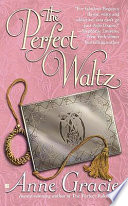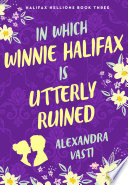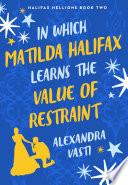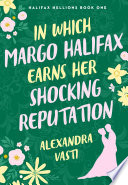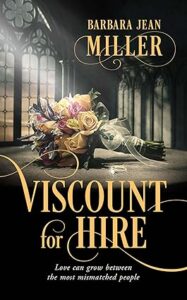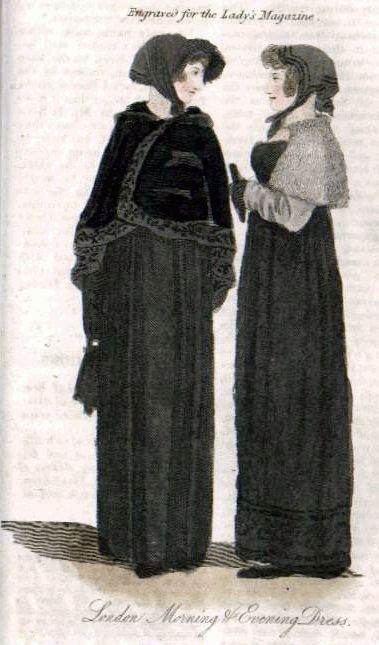
Thanks for the question, Vicky!
My guess that part of the reason for waiting a year after the spouse died, at least in the case of a widow, was to assure the marriage had no issue (and a future husband could ensure he was the father of any baby). It also appears that some were completely against a widow remarrying, particularly when a substantial inheritance was involved (and probably one of the reasons Merry Widows were even a thing).
Fiances are definitely less black and white, probably because it wasn’t a super common phenomenon. According to several sources, during the Victorian era a fiance’s mourning was generally up to the individual and probably the length and closeness between betrothed. For instance, a long standing betrothal between two neighbors or family friends likely would require six months to a year. However, shorter mourning periods were also apparently common (http://etiquipedia.blogspot.com/2012/11/victorian-manners-and-mourning-etiquette.html). Mourning customs in the Regency were less strict than the more repressive Victorian era, however, suggesting that a young lady in 1803 could probably get away with a few weeks to three months.
I scoured many etiquette books, letters and other sources, and couldn’t find much on mourning a betrothed. I am assuming it happened a bit during the Napoleanic Wars, and seem to remember references to this circumstance in at least one or two Regencies, but mostly the mourning was spoken of in the context of grief of the character rather than an abundance of propriety in observance.
My advice would be to stick to what seems appropriate for the character, and how it relates to the rest of the story. If she is a high flyer badly in need of a Heyer like Hero (older, wiser man) to tame her wild ways, you may have her making an appearance at a ball after a couple of weeks . However, if her relationship was long standing or there was significant feeling, you may convey that by having her enter a year long mourning as if he were a husband.
Keep in mind that a new bride probably would not be seen in Society for typically a month after the wedding, so that seems like a good, normal window of time to consider. I would also think unraveling wedding plans, etc, depending on the circumstance of death would be particularly distracting.
Donna Hatch speaks a bit to the more flexible Regency mourning rules here: http://donnahatch.com/mourning-customs-in-regency-england/
Geri Walton has a great, quick primer on other mourning rules for the Regency here: https://www.geriwalton.com/mourning-etiquette-and-mourning-rules/


